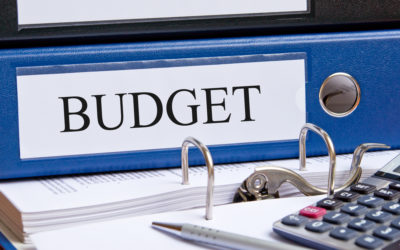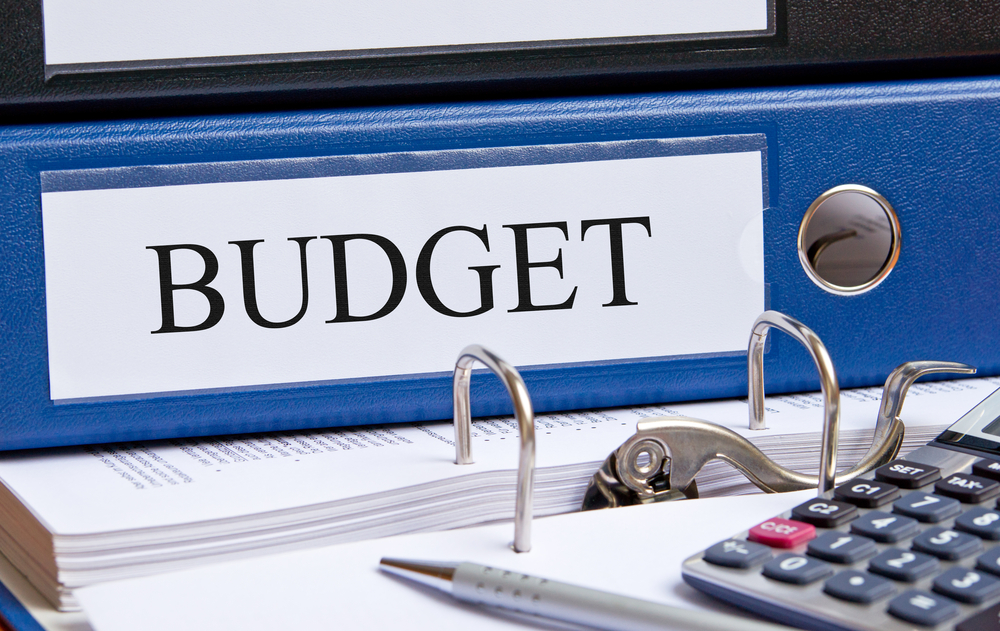Budgeting, together with saving is the foundation of every successful wealth creation plan.
If you don’t know where your money is going, and if you’re not diligently saving it, you’ll lack the resources to build a comfortable future for yourself and your loved ones.
A budget, or spending plan if you like, is simply a tool…nothing more, nothing less.
And since it’s a tool, you’ve got to use it yourself…you can’t count on it to do the hard work for you!
That said, however, you can make your budget fit you and your lifestyle, not the other way ‘round.
If your budget isn’t doing its job, or you’re having a tough time sticking to it, perhaps it’s time to take a closer look at what you’re doing.
It could simply be a matter of a few tweaks here and there to get your financial life straightened out.
Here are some of the most common budget mistakes:
1. Using a budget to track bills, but not overall monthly spending
Sure you’ve got enough money for your monthly bills, but what about saving for a rainy day? Or for investing in houses?
A successful budget will not only allocate your spending, it will help keep your spending aligned with your goals.

2. Failing to track your budget
The other side of setting up a budget is to track what you spend. How will you know if your budget needs to be adjusted or not if you don’t keep track of all of your spending…not just your monthly bills?
Tracking your budget will also help you prioritise your spending.
For example, if you’ve decided to start investing in houses to make saving that deposit more of a priority you can adjust your budget more quickly if you’re staying on top of it each month.
3. Not tracking credit card spending
Your budget should include credit card spending.
If, for example, you’ve set a budget of $50 per month on clothing, that figure should be maintained, whether you’re paying cash or credit.
Commit to paying off your credit cards in full…you should never use credit to fund a lifestyle your income cannot afford.

4. Setting an unrealistic budget
Sure it would be great to start investing in houses a month after you’ve moved into your new home, but it’s important to be realistic with your goals.
The same is true of your spending.
If you’re unsure how much you should set aside for each spending category, a quick check of the web will provide countless tips and strategies for setting a livable budget.
Don’t let your plans for tomorrow infringe on your life today. Balance is important to avoid burning out part way towards your goals.
5. Pick the right budget type for you
Are you a “big picture” kind of person or do you love drilling down into the details?
For example, if you’re uncomfortable with a “miscellaneous” category then don’t create one…use detailed categories to track your spending.
If an overview of your spending works for you, pick a budget management strategy that is less detailed…for example an “80/20” or “60/40” type of budget that involves spending percentages.
Consider factors such as your own personality, your patience for technology and your willingness to keep track of your spending when deciding on the type of budget and the process you’ll use (e.g. electronic or “old school” pen and paper).
Be accountable
No matter how much time and thought you put into creating a budget, remember that it’s a pointless endeavour unless you actually use it.
If you’ve set up budgets every year and failed at each one…not an uncommon thing to happen…get help.
Enlist the help of someone…a friend or family member is great, but even better, find a disinterested third party who can help keep you accountable. Ask him or her to routinely check in with your budgeting status until tracking your spending becomes a routine part of your life.
If you want more tips about your Property Investment strategy, book a FREE consultation with one of our expert Investment Coaches to discuss your situation and investing goals.


Are You Making One of These 5 Common Budget Mistakes?
Budgeting, together with saving is the foundation of every successful wealth creation plan. If you don’t know where your money is going, and if you’re not diligently saving it, you’ll lack the resources to build a comfortable future for yourself and your loved ones. A…

Co-own your investment property? Here’s what you need to know about tax
The following article has been supplied by the ATO containing tips related to your investment property.

Do You Have Wealth Creation Habits?
Studies of habits and their close cousin, willpower, have been done, giving us insight into how people form – and keep – habits.

5 Golden Rules For Building Your Investment Property Portfolio
Like anything else in life, learning how to buy property for investment takes time and effort, but the benefits you’ll receive far outweigh the effort you need to put in. To help ease the learning curve a bit it’s helpful to have a few hard and fast rules to keep the…

5 Property Investing Myths that Kill Investors’ Futures
If you’ve been investing in houses you’re probably listening to advice you’ve come across and believe to be true. But is it? Just because something is considered “common wisdom” that doesn’t necessarily mean that it’s entirely true. It may be only partly true or it…
Beginning property investors are often so absorbed with finding an investment property that will deliver good capital growth and/or positive cash flow that they forget the very important matter of protecting those assets. Protecting your wealth is no less important…

2 Big Fears Property Investors Face
Buying investment property to grow your wealth is a well proven strategy. So why then is it so scary for many would-be investors? A number of reasons, but in my opinion, the two biggest reasons people are afraid to invest in property are: The large amount of money…

How To Negotiate “Like a Boss”
You can find a great investment property, in a growth location, and still miss out on positive cash flow because you weren’t able to negotiate a price and terms that worked for you. If you’re not comfortable negotiating for what you want or if you’d simply like to…

5 Quick Tips For a Stress Free Retirement Plan
The superannuation balance of Australians is dismal. Men have on average $183,000 in their accounts whereas women have barely more than half that – $93,000. In fact, only 10% of Australians have in excess of $100,000 in their super! Obviously then, lots of…

Is a Structural Renovation Right for Your Investment Property?
At Positive Real Estate, we provide “time proven” property investing information and advice. We work directly with property investors throughout Australia, helping them reach their wealth creation goals. Recently, Bupa Landlord Insurance showcased us in a post on the…
The post Are You Making One of These 5 Common Budget Mistakes? appeared first on Positive Real Estate.
Read more: positiverealestate.com.au


